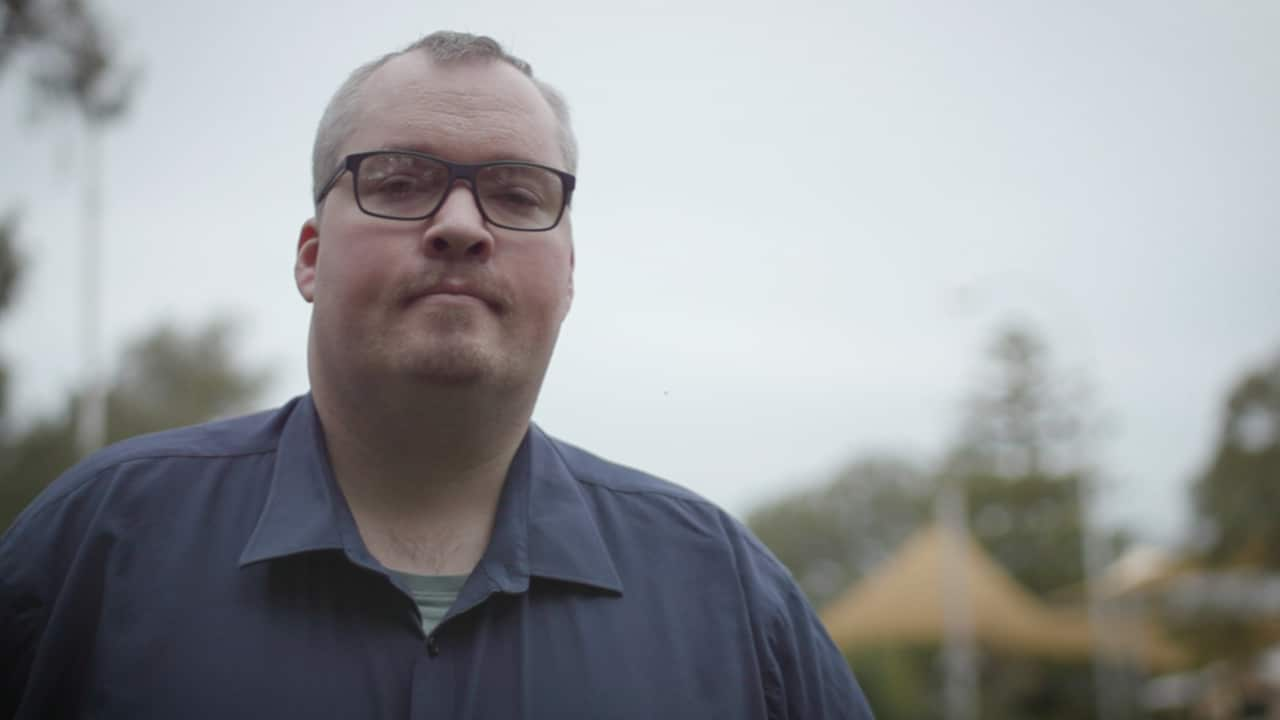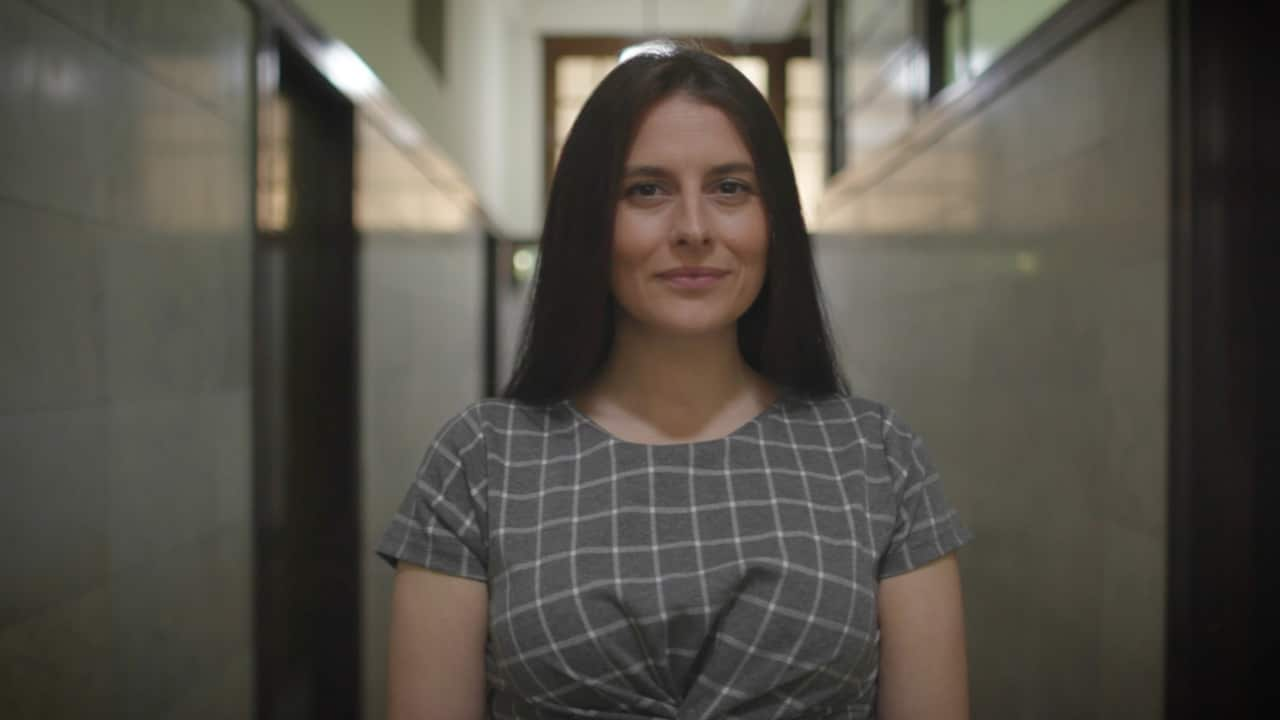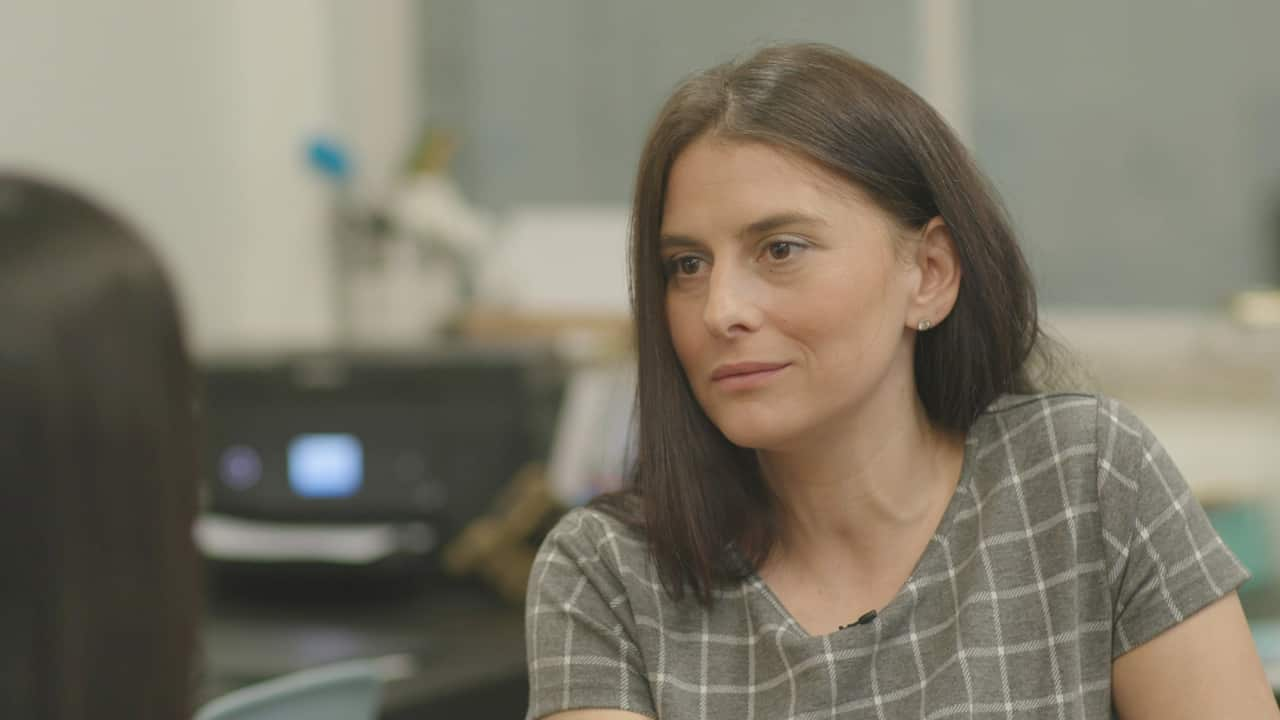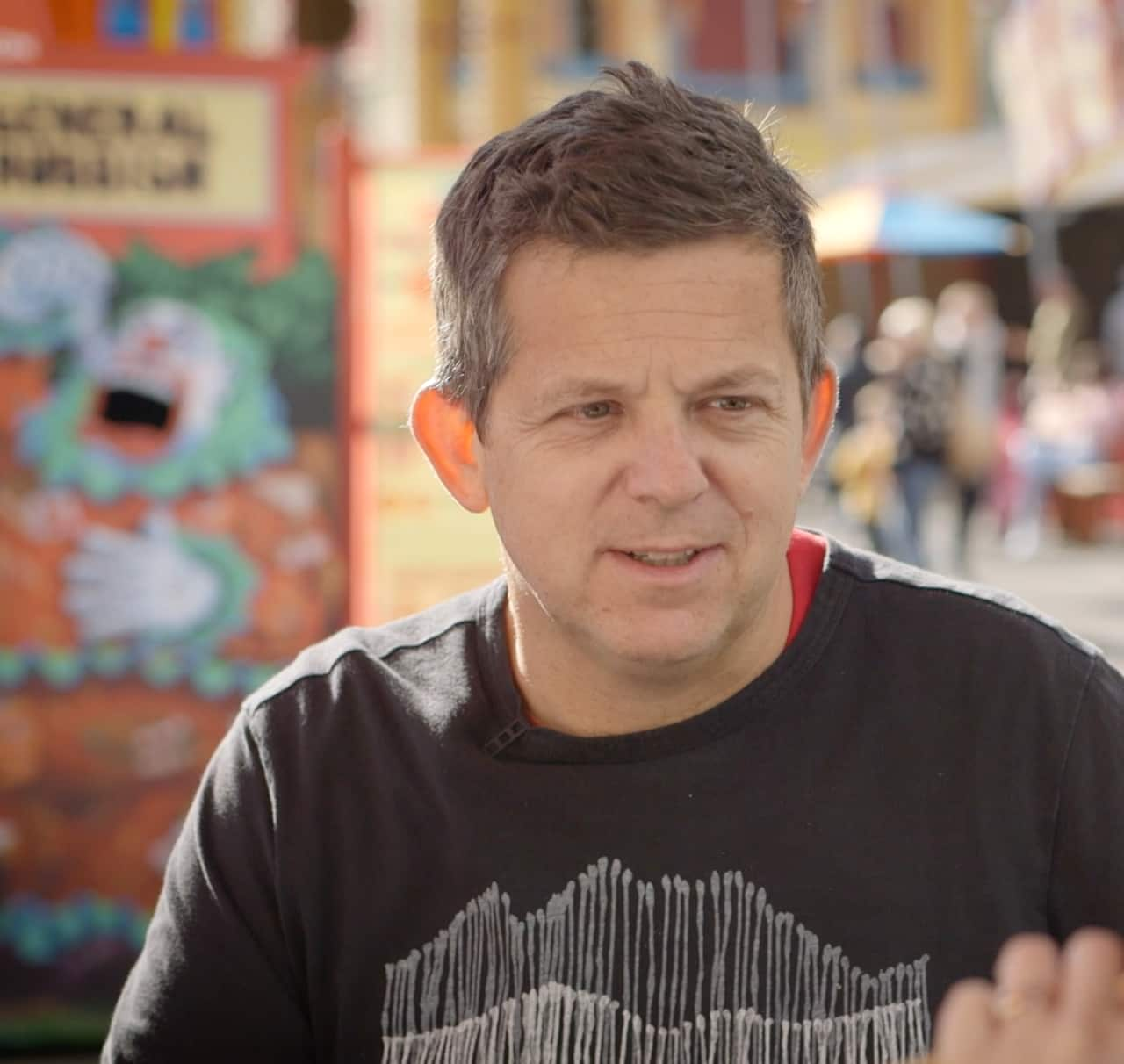You’ve probably heard of arachnophobia and claustrophobia, but it’s likely you’ve never heard of the fear that takes hold of Sydney man Josh Cole. Kosmikophobia: The fear of cosmic phenomenon.
For Josh, just the thought of meteors, asteroids, and black holes is enough to send him into a state of panic.
When his phobia was at its worst, he would stay inside for weeks to avoid looking at the night sky.
“A sufficiently frightening news story might be enough to set me in a spiral that can last days and affect my sleep, affect my focus at work, make it harder to engage with other people,” he told The Feed.
“That feeling of dread that it could kill you at any time. Something completely out of your control could hurt you or your loved ones in an instant and you can't do anything about it.”

Josh has a phobia of meteors, asteroids, and black holes. Source: Supplied
Josh thinks his phobia may have stemmed from the death of his grandmother when he was nine years old.
“I think I must have had mortality on the brain,” Josh said.
“I remember reading a National Geographic article about asteroids and for some reason that just got stuck in my head,” he added.
“I remember as a little kid I spent weeks worrying and nagging my parents. You know ‘Is it gonna hit me? Are we all gonna die?’”
Treatment for phobias
Corrie Ackland, the clinical director of Sydney Phobia Clinic, has seen first-hand how phobias can take control of people’s lives.
“People may be putting off really important decisions in their life, such as starting a family because of a vomit phobia or a needle phobia,” Ms Ackland told The Feed.
“Some people haven't been able to go on a honeymoon of their dreams because of a fear of flying, so sometimes things are actually put on hold for phobias,” she said.
The good news for people suffering from phobias is that there is effective treatment available in a form of psychotherapy, known as exposure therapy.
In exposure therapy, you are gradually and repeatedly exposed to the source of your fear in order to change your response to it.

Corrie Ackland is the clinical director of Sydney Phobia Clinic. Source: Supplied
When does fear become a phobia?
Ms Ackland said a fear must be “irrational, illogical, or what we call markedly excessive” for it to be classified as a phobia.
So, a reasonable fear of cars would involve exercising caution when crossing the road. But it would become more clinically severe if that person was afraid of getting hit even before leaving the house, or if they took 20 minutes to check for cars before crossing the road.
In most cases, getting to the root cause of the fear is actually less important than addressing the avoidant behaviour, so those fears and anxieties no longer control her patients’ lives.
“The thoughts, feelings and behaviors are interrelated in the development and maintenance of a phobia,” she said.
“So they are the things that we target. We can target that using physiological management…identifying unhelpful thoughts, correcting them and then there's the behavioral part which is undertaking exposure.”
For someone deathly afraid of rats, for example, that could involve looking at pictures, then progressing to simulating holding a rat using virtual reality goggles, to finally handling a rat in real life.
Using psychology to treat xenophobia
So can this method of treatment be used for treating those more complex phobias that have taken hold in society, like fear and hatred of foreigners and interracial conflict?
Theoretically, Ms Ackland said, yes it can.
“We're looking at an assumption, at a particular interpretation which is unhelpful, in some cases really harmful, that has no evidence behind it,” she said.
“We can look at calling ourselves out on those thought processes or the content of those thoughts and choosing to act differently,” Ms Ackland added.
“It's about recognising well, this is what I'm thinking and what I'm feeling. But is there any evidence to go on and what evidence can I get?”

Corrie said a fear becomes a phobia when it's “irrational, illogical, or what we call markedly excessive". Source: Supplied
Evolutionary Biologist Professor Rob Brooks said humans are predisposed to fearing those who look or sound different to us. But he said that's simply not the case anymore.
“Hundreds of thousands of years ago, the people from the next tribe or the next village over, posed the biggest threat,” Professor Brooks said.
“Just because something is natural does not mean it's good, it doesn't mean it's okay and it certainly doesn't mean it's justifiable. It's certainly not even functional in the current day and age.”

Evolutionary Biologist Professor Rob Brooks. Source: Supplied
In fact, an experiment with rats by the University of Chicago teaches us a lot about how we can overcome our own xenophobic instincts.
In the experiment, researchers put two white lab rats in a cage and trapped one of them in a tube to see if the other rat would help, with no incentive to do so.
Every time, the free rat would help the other, showing that rats have a biological basis for empathy.
But when they replaced the trapped rat with a type of black rat that it would not recognise, the white rat would not help.
The white rat wouldn’t help that rat, or any black rat, until researchers got the two types of rats to live together beforehand.
Researchers concluded that by interacting with others from different races, we are able to become affiliated with them, and are more likely to overcome those fears through developing empathy and understanding.
And with the UN recording a “tsunami of hate and xenophobia” sparked by the COVID-19 pandemic, it’s a lesson we humans would do well to take on board sooner rather than later.
Share
Through award winning storytelling, The Feed continues to break new ground with its compelling mix of current affairs, comedy, profiles and investigations. See Different. Know Better. Laugh Harder. Read more about The Feed
Have a story or comment? Contact Us



